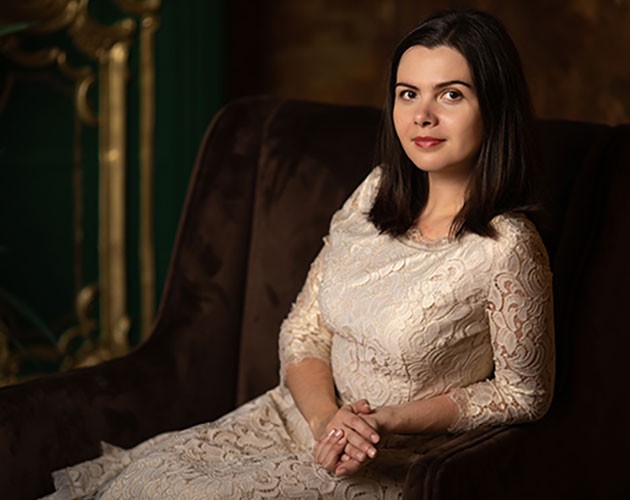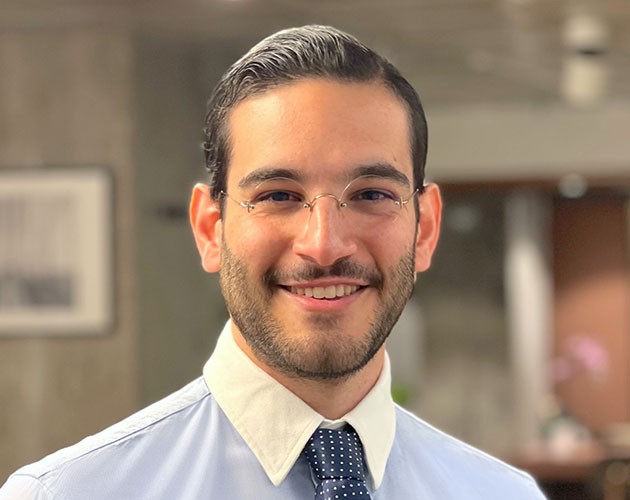Making Her Own Power Moves

Leaders are people who influence others to be great.
When you think of leadership and power moves, does majestic innovation come to mind? It should when you think about instructor Michelle Hector Branner.
When it comes to making her own power moves, Michelle takes her skilled passion for leadership to another level. It is in her ability to be transparent, to inspire, to solicit trust, to influence and use emotional intelligence that helps her ascend the leadership ladder. And along the way, she always motivates others “to” greatness.
While these qualities may seem inherent for many, not everybody can really become a leader. Michelle successfully studied how to be a leader and had excellent mentors, knowing that leaders grow from other leaders.
In her successes within financial services—at Bank of America, Wells Fargo and Citibank—she was promoted from call center sales representative, human resources, sales trainer to branch manager. Leaning on her abilities to work with a team as a leader, she gained another promotion: region manager at Citibank, where she led over 250 people in 24 bank branches. Additionally, Michelle worked in the tech industry for six years where she created and led high-performing teams.
Today, Michelle continues to showcase her leadership skills by bringing them into the classroom as a program manager at FACE (Fremont Adult and Continuing Education). There, she trains and mentors individuals from low-income and minority communities on how to find their own lasting careers in the financial services industry. Her strong leadership skills as an instructor has led her to teach at various colleges throughout the Bay Area.
She enjoys teaching others so much that she’s adding another feather to her cap: As an instructor in our Making Power Moves: Women and Leadership course. Here, Michelle instructs her students on leadership skills that will help them advance in their careers—skills proven valuable for advancement.
Time and again, we see Michelle as a leader, influencing others to be great.
Let’s hear more from Michelle on how being a successful, strong leader and teaching others to be great as well can beget success—which she knows all too well.
How do you teach leadership, which can be considered a soft skill?
Leaders are people who influence others to be great.
We need more leaders in the world. Some people don’t understand their capacity to be a leader when they are not in a leadership position. Understanding leadership and how you influence people to be great is very important.
I want to help motivate and support more people to be better leaders through enhancement of their communication skills, understanding of how to build teams, understanding what teams mean, and building their knowledge through reading and assessment and emotional intelligence. I teach emotional intelligence in every class.
Emotional intelligence—understanding self—is so important because people believe that they can only be a leader because of a title or because of what they do. I use Strengths Finder by Tom Rath in my class to help students understand who they are and the areas of opportunity. You do not have to be in a leadership role to be a leader—you can influence and motivate individuals.
In my class, I have a lot of students who are coordinators and have tremendous influence: They work on projects, they work with leaders and they are handling leadership tasks—influencing their leaders to make them great.
You started teaching for us in May 2020. How do you teach leadership through Zoom?
I was a little bit concerned because I like to teach leadership in person to be more present with my students. But I love teaching leadership, and when I was given the opportunity to teach at UC Berkeley Extension I was honored because of UC Berkeley’s brand and the quality of students and instructors.
I really wanted to teach Making Power Moves because in my career I have made a lot of power moves. To be able to show my career pivots and how I gained success through making my power moves as a woman of color is really powerful.
As a doctoral student at USF School of Education, I’m working on my dissertation, which is about “African American Women Sustaining Executive Positions.” Making those power moves is very important and I want to uncover the power moves that are made by women of color and—most importantly—black women.
Continue to learn and grow. Emotional intelligence is big and powerful, it helps you personally and professionally.
What is it like teaching adult learners?
I love teaching adults. I try to make connections with my students because I want them to learn. I pride myself in being a practitioner-instructor: They can take what they are learning from me and apply it to their professional careers.
They can also take those same tools to make personal transitions. Making transitional power moves makes them better both in their professional and personal lives.
How do you incorporate your real-world experience into the classroom?
I try to limit my time on topics about me and my professional career. Instead, I gather the topics from my students and ask the question, “How does this embrace you and your career?”
I want them to reflect on themselves about time management, racism in the workplace, building teams. With these reflections, I may share some of my own experiences and they share, as well.
I sometimes alter my class midway through to capture what people want to learn.
Having participatory learning brings authenticity to the classroom.
What are the main takeaways you’d like students to have when they complete your course?
“Learn everything!” [Laughs]
In the beginning of my course, I always tell my students to learn just one thing. Embrace your time spent with me because you cannot get time back. As long as my students learn one power move from me, I am satisfied. Continue to learn and grow. Emotional intelligence is big and powerful, it helps you personally and professionally.
You’re currently working as a program manager at FACE. Tell me about this work.
I teach an 8-week banker training program called BankWork$ where I instruct individuals on how to get entry-level careers in the financial industry. We discuss how to problem-solve, using empathy, banking policies and regulations, and career readiness.
We have a lot of international students, young students trying to start a career, individuals trying a new career path—we do a lot of assessments when it comes to this class because we want people to be successful. Entry-level banking does not require you to have a college degree, which is great because it gives all of my different students an opportunity to enter the financial industry.
Again, you’re acting as a great leader by influencing others to be great! Are there any new trends as a leader that you are excited about?
I believe the new trend in leadership is adapting to the new “Shelter in Place” world we are currently in. Leaders have to really work to get people’s engagement and think about how leaders are failing or succeeding at that. It has been interesting to be a part of physically as a participant, as well as to read about the importance of connecting with your team, especially if you’re remote. How do you connect with them and how do you keep your team aligned?


